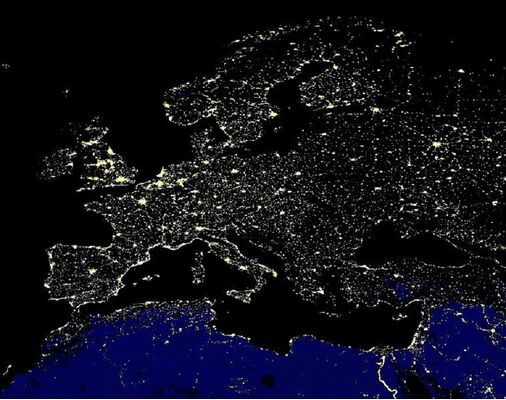Same Day Flowers Delivery - Australia Wide!
EU's Strategy: Energy Storage for Decarbonised, Secure Systems

A Brighter Tomorrow
The European Union (EU) has recently introduced a comprehensive strategy aimed at leveraging energy storage technologies to achieve a more secure and decarbonised energy system. This move is part of the EU's ambitious goal to become carbon-neutral by 2050, in line with global climate change mitigation efforts.
Harnessing the Power of Energy Storage
Energy storage plays a pivotal role in the transition towards sustainable energy by facilitating the integration of renewable energy sources, such as solar and wind power, into the grid. By storing excess energy generated during peak production times, energy storage systems can help maintain grid stability and reduce the need for conventional, carbon-emitting power plants.
Key Objectives of the New Strategy
The EU's new energy storage strategy encompasses several key objectives, including:
- Promoting Innovation and Technological Advancements
The EU recognises the importance of developing cutting-edge energy storage technologies, and thus seeks to support research, development, and innovation in the sector. This includes exploring advanced battery technologies, thermal storage, and power-to-gas solutions.
- Ensuring Market Integration and Regulatory Alignment
To facilitate the widespread adoption of energy storage systems, the EU aims to remove existing barriers in the market and ensure a level playing field for all energy storage technologies. This involves aligning regulations and standards to promote fair competition and stimulate market growth.
- Strengthening the European Energy Storage Industry
The new strategy also seeks to bolster the competitiveness of the European energy storage industry on a global scale. By fostering collaboration among EU member states and supporting domestic manufacturing and supply chain capacities, the EU aims to establish a robust, self-sufficient energy storage ecosystem.
- Enhancing Grid Flexibility and Resilience
The EU recognises the need for a flexible and resilient energy grid to accommodate the growing share of renewable energy sources. As such, the strategy encourages investments in energy storage infrastructure to improve grid adaptability and responsiveness to fluctuations in energy supply and demand.
- Fostering International Cooperation
In order to achieve global climate goals and address shared challenges, the EU is committed to promoting international cooperation in the field of energy storage. This includes knowledge sharing, technology transfers, and collaborative research initiatives with countries outside the EU.
A Sustainable Energy Future Awaits
By integrating energy storage into its energy systems, the EU aims to ensure a secure, decarbonised, and sustainable energy future. This new strategy lays the groundwork for achieving the EU's climate targets and fostering a thriving, competitive energy storage industry that will drive innovation and growth for years to come.
